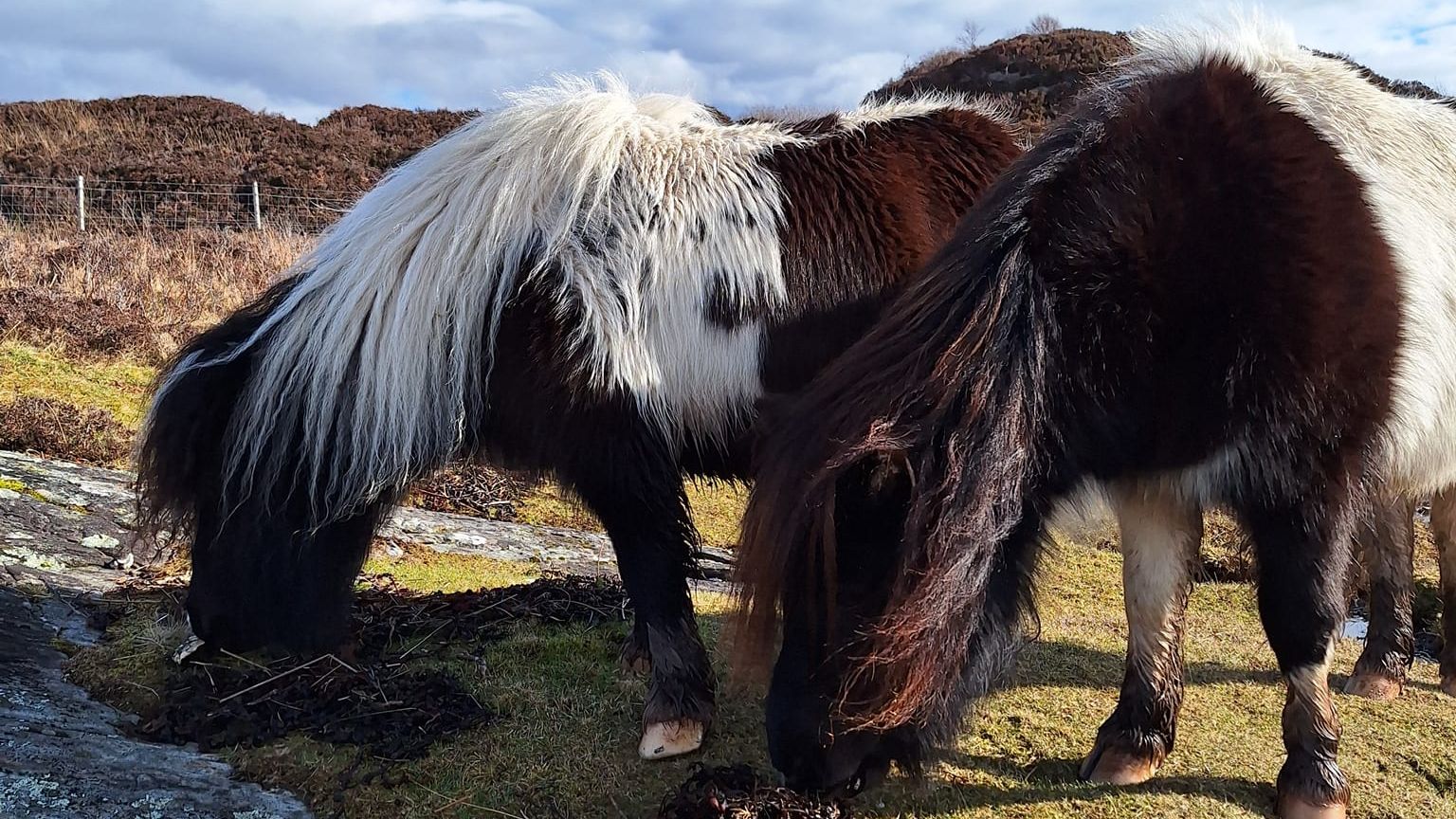The Hidden World of Animal Self-Medication: How Animals Choose Their Medicine
Oct 21, 2025
The Hidden World of Animal Self-Medication: How Animals Choose Their Medicine
Have you ever wondered how animals in the wild know which plants to eat when they're unwell? This fascinating behavior, known as zoopharmacognosy (literally "animal knowledge of medicine"), reveals a sophisticated world of natural self-medication that spans across species.
The Sensory Science Behind Plant Selection
While we might assume animals simply rely on taste or smell, the reality is far more complex. Take horses, for example. Research shows that horses use their whiskers (vibrissae) in conjunction with their sense of smell to evaluate plants, helping them "choose which plants to eat" and "get more information about a smell and choose the pasture."
However, research specifically on how horses use whisker sensation for plant discrimination remains surprisingly limited. The scientific community has focused more extensively on other species, particularly rodents, where studies have revealed sophisticated tactile discrimination abilities through whiskers that could certainly apply to foraging decisions.
Learning vs. Instinct: The Great Debate
One of the most intriguing questions in this field is whether self-medication is learned or instinctual. The answer, according to current research, is both.
The Learning Component
Experimental studies on sheep have provided clear proof that animals can learn to self-medicate. In controlled trials, lambs were exposed to foods and toxins that caused discomfort, then given access to corrective substances. The results showed they could learn to associate specific plants with relief from their ailments.
Social learning also plays a crucial role, particularly among great apes, where detailed observations have revealed that animals learn self-medication techniques by watching each other.
The Innate Drive
Yet learning doesn't tell the whole story. Many animals, from moths to ants to fruit flies, demonstrate self-medication behaviors that suggest an evolved, innate ability to detect therapeutic compounds in plants. This evolutionary adaptation appears to be ancient and widespread across species.
A Hybrid Approach
Current scientific consensus suggests that animals use both learned and innate responses to select medicinal plants. While they may have evolved basic abilities to detect beneficial compounds, the specific knowledge of which plants to select for particular conditions becomes refined through individual experience and social learning.
This remarkable ability encompasses both prophylactic self-medication (consuming plants to prevent disease) and therapeutic self-medication (consuming plants to treat existing ailments). Animals in the wild will often forage for these natural remedies at the earliest stages of any health issue.
The Bigger Picture
The study of zoopharmacognosy not only reveals the sophisticated sensory and cognitive abilities of animals but also offers insights that could benefit human medicine. As we continue to understand how animals navigate their natural pharmacy, we gain valuable perspectives on the therapeutic properties of plants and the mechanisms behind instinctual health behaviors.
The next time you observe an animal carefully selecting which plants to eat, remember that you're witnessing millions of years of evolutionary wisdom at work – a testament to nature's remarkable ability to heal itself.
Find out more about the Horse Play At Home Learning Hub and check if it's right for you.
